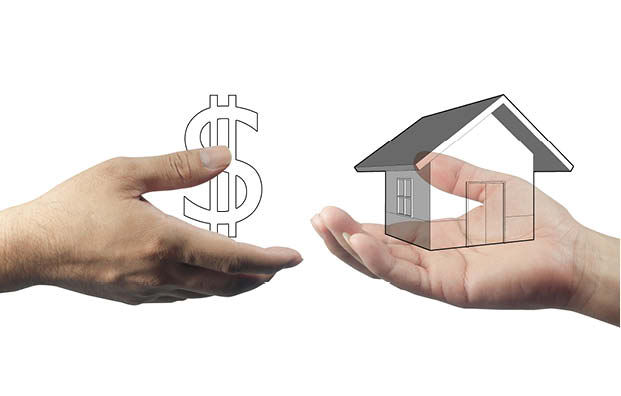The two most common financial goals for most Australians are to own their own home and to build a decent nest egg for retirement. And they’re often tackled in this order with the priority being to pay off the mortgage first, then focus on saving for retirement later. But is this the best approach?
When asking the question, “my super or my mortgage”, reducing the mortgage has a lot going for it. First of all – it feels good!
We like the idea of getting out of debt and paying extra to clear the mortgage shows meaningful, guaranteed results that you can see online or on your monthly statements.
These extra payments are easily accessed through redraw or offset facilities, unlike super for those under preservation age. Also in favour of the mortgage is the ability to use your home as security for further borrowing – reducing your home loan frees up equity for gearing into another property or into shares or managed funds, using affordable mortgage finance.
Countering this, there are a number of factors in favour of a stronger or earlier focus on super. At the moment, mortgage rates are at historic lows, so the returns on extra mortgage payments are quite low, especially compared with longer-term returns from balanced or growth-based super portfolios. Investing in superannuation carries a clear tax advantage for many workers.
With before-tax super contributions broadly taxed at 15 per cent, compared with wages at up to 49 per cent, salary sacrifice means you have more of your money working for you.
Consider someone earning $100,000 a year, and looking to direct $500 a month into extra mortgage repayments. Their alternative is a salary sacrifice of $820 a month, the difference being income tax. After super contribution tax of 15 per cent, this still leaves $697 a month accruing in super.
Assuming a mortgage interest at 5 per cent on average, and super returns at 7 per cent net of tax on average, after 10 years the difference is $77,641 reduced off the mortgage, or $120,640 added to super. Obviously a lot of factors come into play, including people’s attitude to debt, but that’s a big difference.
Starting early means you have more time for compounding to do its thing, and people who can start contributing more to their super at an earlier age could consider a more aggressive investment strategy for their super –generally increasing the long-term returns.
For some people, it can make sense to hedge their bets by starting a modest level of salary sacrifice along with a smaller level of extra repayments.
This can be effective for people who have already made good progress on their mortgage and have built a decent safety net of accessible funds, but aren’t ready to fully commit to super. With super contribution limits being much reduced, compared with those available just a decade ago, many empty-nesters can be left wishing they’d started their super earlier.
Just when the kids have left home and the house is paid off, they can afford to add some good amounts to super, but can be caught by the caps. For many people another thing to consider is if the mortgage might be cleared by downsizing their home at some point.
When thinking super or mortgage, it makes sense to weigh up both options in terms of risk, liquidity, return and tax efficiency to work out the right strategy or combination of strategies for your unique situation.
Author Alex Berlee http://www.smh.com.au/money/super-and-funds/my-super-or-my-mortgage-20150806-gisu8f.html


